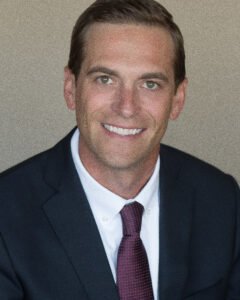
By Brian Halverson, President/CEO
One thing we have started doing recently on a quarterly basis at Heartland Trust Company is a State of the Business address. We dedicate time every quarter to be with our entire team to 1) reflect and celebrate our accomplishments and milestones, 2) get a sense of where we are currently at, and 3) identify our focus for the upcoming quarter, all with our mission statement and values in mind.
Personally, I have never been great at taking time to slow down to reflect or celebrate what has recently happened. It’s always ‘on to the next thing’, which isn’t always the healthiest way to go about life. By dedicating time every quarter to this, it gives our entire team time together to talk about what worked and what didn’t work, and I find it kind of adds some closure to a chapter in our journey.
Next, we get a grasp on where we are at financially and with staffing, before we start to look ahead. We have created a 10 year plan that has been broken down into 3 years and 1 year. The looking ahead component of the address is always with the 1, 3, 10 year plans in mind with the goal of being open, honest, and transparent. Opening up the lines of communication and transparency helps all team members with our ultimate goals.
Ultimately, the State of the Business Address is about being open and honest and try to communicate the best we can so everyone knows where we are at on the map. Taking this State of the Business Address concept and applying it to my personal life has been a positive step for me as I try to be a good leader at work and a good dad and husband. It is important to celebrate the small and big wins, reflect on the items we didn’t get right so we can do it different next time. If you don’t already, I highly encourage you to take time for yourself to reflect, take an inventory of where you are at that moment, and identify things that are coming up in life.
This is just one of the many things we are doing as an organization to stay organized and deliver a great service while our team grows to meet the needs of our clients and our business.



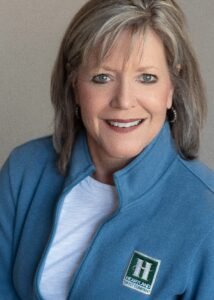
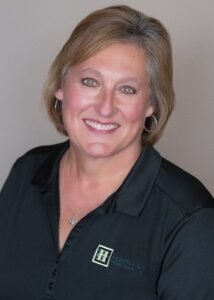
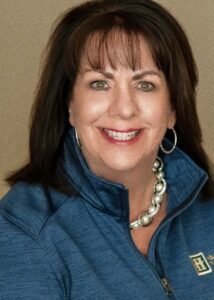

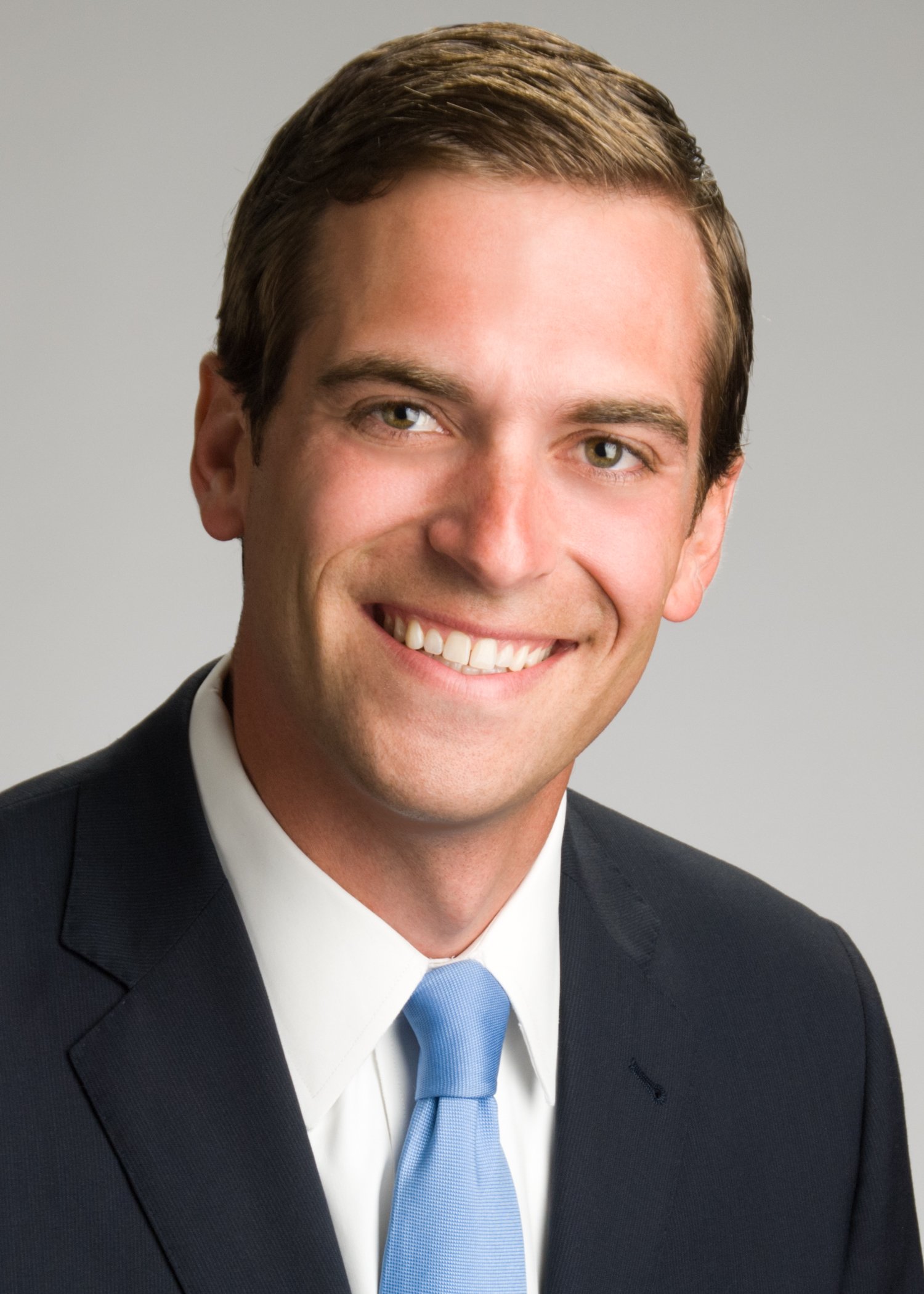 Brian Halverson – President
Brian Halverson – President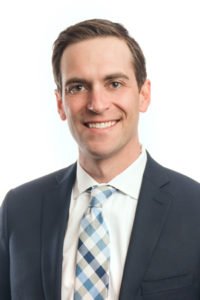 Brian Halverson – President
Brian Halverson – President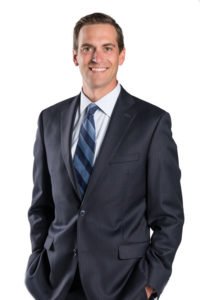 As you read this quarter’s newsletter, you will notice many exciting changes going on at Heartland Trust. After 31 years leading the operations, compliance, and HR departments at Heartland, Sheryl Bernier has retired/significantly reduced her work hours and duties.
As you read this quarter’s newsletter, you will notice many exciting changes going on at Heartland Trust. After 31 years leading the operations, compliance, and HR departments at Heartland, Sheryl Bernier has retired/significantly reduced her work hours and duties.